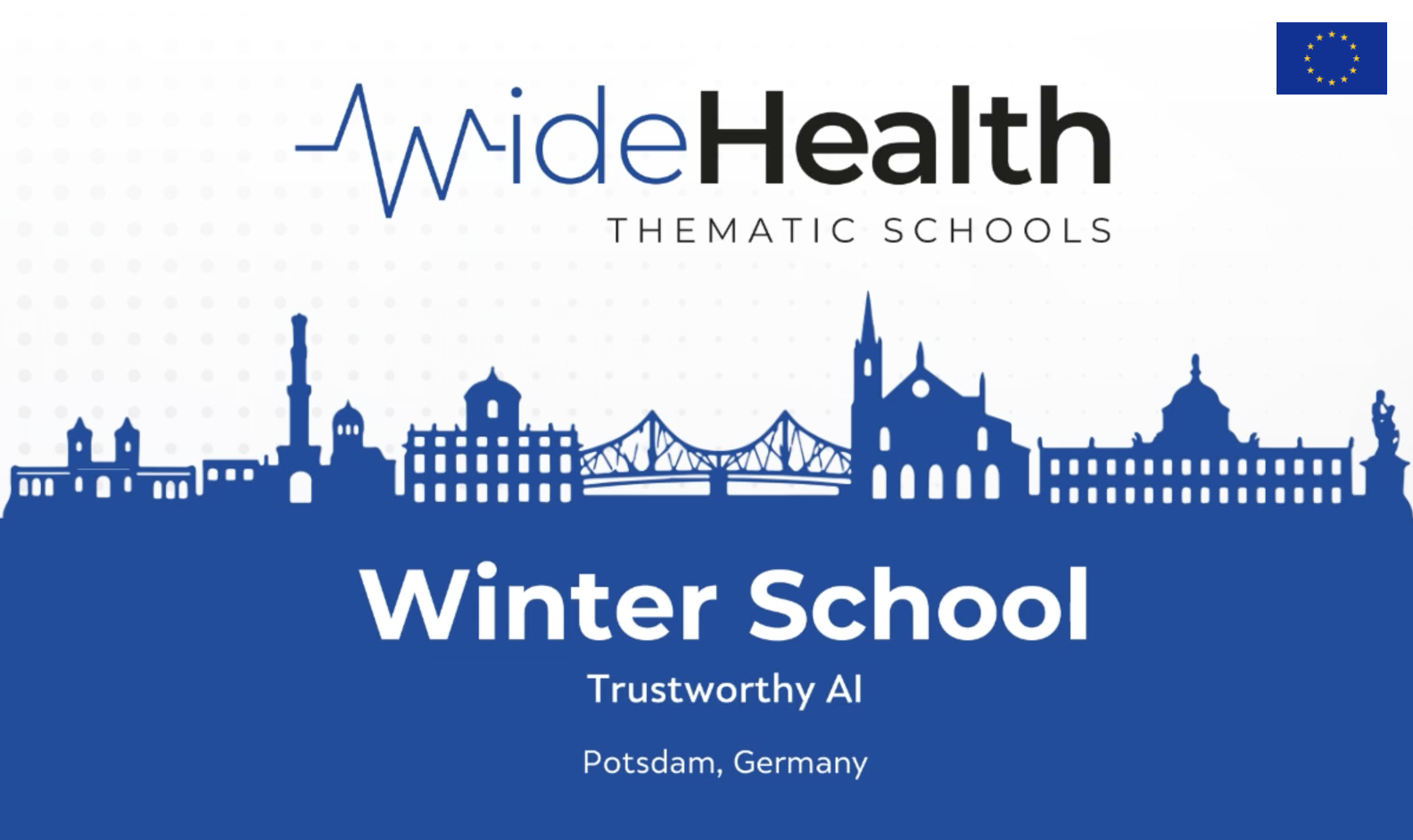
Trustworthy AI
Artificial Intelligence (AI) is rapidly transforming our world, comparable to the revolutionary impact of electricity. As digitalization becomes increasingly vital, particularly in the industrial and health sectors, AI has become an essential component of our daily lives. Its potential to reshape our way of life is both imminent and profound. Already, we witness the utilization of AI-driven services that recommend movies, break language barriers, and detect diseases. This is merely the beginning; AI will change many aspects of our lives. Yet, such a transformative paradigm shift naturally creates scepticism and apprehension. Consider the implications: in a world of autonomous driving, who bears responsibility when things go awry? Who is accountable for a misdiagnosis that may mean the difference between life and death? Can an AI-based criminal justice system truly embody fairness? These critical inquiries underscore the imperative need for discussions on ethics within an AI-driven society.
We created this online course based on the lectures and hands-on activities developed during the 3rd WideHealth Thematic School on Trustworthy AI. By engaging in these lectures and hands-on activities, participants will comprehensively understand AI’s capabilities, limitations, and ethical considerations. This course offers lectures and activities on AI concepts, opportunities, risks, trustworthiness, scalability, and research strategies.
Curriculum
- 6 Sections
- 18 Lessons
- 7 Quizzes
- 0m Duration
Module I – Artificial Intelligence: Concepts, Opportunities and Risks
- Lecture 1.1 - AI: a Primer
- Quiz
- Lecture 1.2 - Can We Trust AI?
- Quiz
- Roundtable discussion: Chances and Risks of AI
Module II – Trustworthy AI
- Lecture 2.1 - Explainable AI
- Quiz
- Lecture 2.2 - Privacy, Security & Robustness of Federated Learning
- Quiz
Module III – Data and Sustainability
- Lecture 3.1 - AI Revolution is Here: Is It Only About Data?
- Quiz
- Lecture 3.2 – Environmental Well-Being & Sustainability
- Quiz
Module IV – Research for AI Researchers
- Lecture 4.1 – Good Research Strategies
- Lecture 4.2 – Science Communication for Researchers
- Quiz
Module V – Hands-on activity
- Kaggle platform
- Lecture 5.1 – Hospital Readmission with Federated Learning, Dataset Description, Preparation & Exploration
- Lecture 5.2 – Intro to TensorFlow Federated (TFF)
Module VI – Recommended Videos
- "Federated Learning for Activity Recognition: A System Level Perspective" with Borche Jovanovski
- "Zgly: A Pipeline for Clustering by Compression with Application to Patient Stratification in Spondyloarthritis" with Diogo Azevedo
- "Federated Learning for Anomaly Detection in IoT Networks" with Ana Cholakoska
- "Vital Signs as source of racial bias" with Bojana Velichkovska
- "Knowledge Science for trust in AI-based biomedical and clinical applications" with Cátia Pesquita
- "Predicting deterioration of critically ill patients" with Venet Osmani